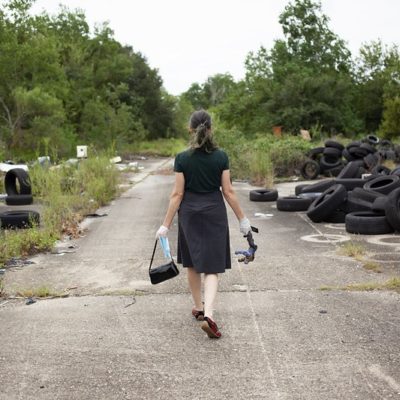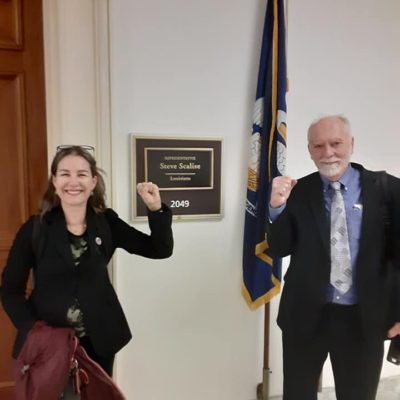Been working on the Japan US Friendship commission grant. This is the first grant I’ve ever written, so I’ve been putting quite a bit of pressure on myself about making it perfect. This has resulted in paralysis. Well, that’s not true…partial paralysis. I’ve been writing on the grant for three months, but I still think it’s sh%*e! As the deadline is looming, I’ve decided to send it over to the folks at Projectile Arts (my fiscal sponsor). I’m sure they will give me an honest opinion.
Sometimes I think I’m writing something that makes perfect sense. Like this:
Project Objective:
The objective of the project Tokyo Cowboys is to produce a high quality, feature-length documentary about the life and times of a group of American men who have immigrated permanently to Japan. The film explores their reasons for staying and their experiences with their Japanese counterparts with the aim of fostering a greater understanding of cross-cultural similarities. Built upon the foundation of the Post-Modern Condition, the film explores the themes of freedom and responsibility; otherness and belonging; and the deconstruction of objectivity. The documentary is intended for cinema release in the U.S., Europe and Japan followed by international DVD and VHS distribution. The film will be suitable for a wide audience including both Western and Japanese.
And then…sometimes I feel like I’m talking total poo:
Postmodern Approach
Trained as a postmodernist at one of the US’ leading post-graduate universities, Saft uses a Postmodern approach to the storytelling process. Exploding the meta-narrative of western men in Tokyo, she achieves veracity by telling personal stories—mini-narratives, which are always situational and make no grand claim to universality. She explores the idea of Tokyo as the post-modern urban frontier. Cowboys go for the gold rush. They arrive and completely reinvent themselves by taking advantage of the opportunity indigenous to Tokyo. But, they are changed. They have mated with the “other” to become something new–born out of their own culture and the borrowed one. Tokyo wrings them out; she folds them in until they are a part of her and she is a part of them. Yet, they have the freedom to construct their own reality, their own future, even their own past as no one knows them from before, and they control the information that goes back home.







